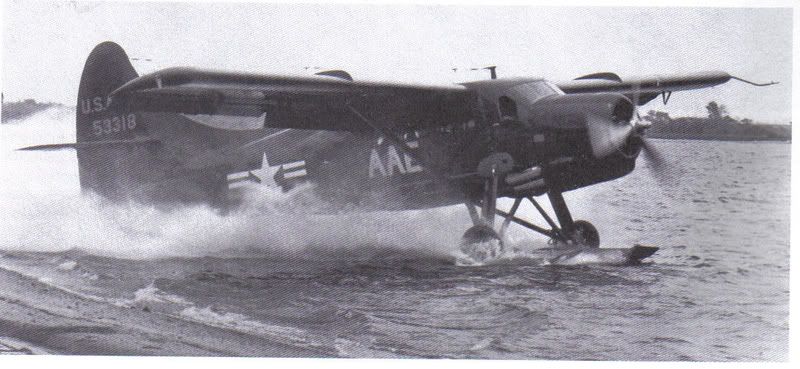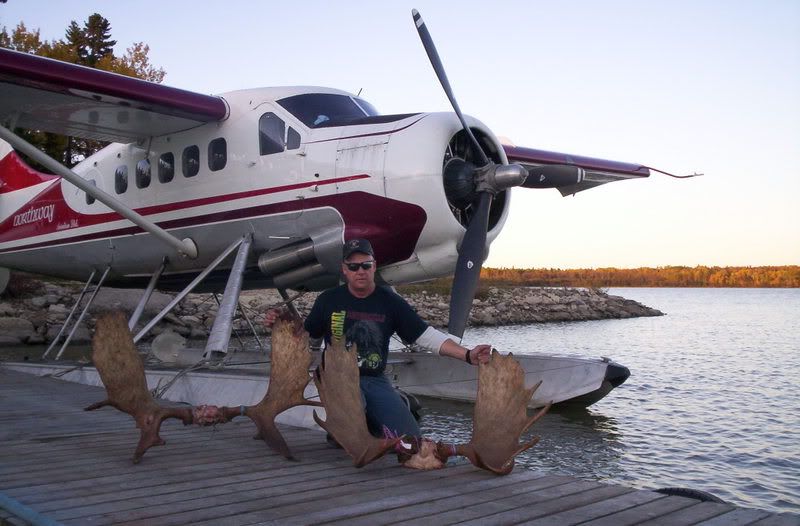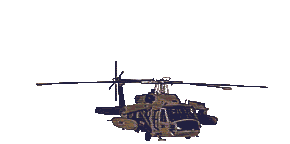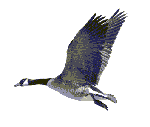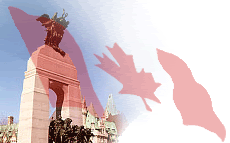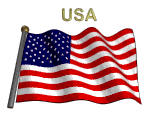Friday, February 18, 2005
Steve's Tips on How to Do Well in an Interview
It is the time of year that sees an aviation company like Blue Water Aviation Services Ltd., Pine Falls, Manitoba, receive literally around 500 or so resumes from mostly young, some eager, some not so eager, low-time pilots. A lot of young pilots also show up on the doorstep looking for employment. At first impressions, a small percentage of the potential hirees present themselves well and look the part of a float-pilot. The majority, though, look as though they would look comfortable in a flower shop setting, or maybe a manicurists salon. This is not to frown on anyone's appearance, as I know Clark Gable and I would never be considered twins, and I always seem to purchase pants with holes in them. Anyways, I have been asked in the past on how to do well in an interview for a float job, as I have been involved in personnel management for a number of years. So, here are Steve's tips on how to do well in an interview!!
1/ Be polite and well-mannered, and a credit to your mother. You wouldn't believe how many points you will gain.
2/ Stand up straight! I can't stand a sloucher.
3/ When you shake hands, GRIP and shake VIGOROUSLY! There is nothing worse than me squeezing a limp fish hand. Limp hands can't tie up Otters to the dock properly.
4/ Dress tidy, but when looking for a float job, don't wear black polyester slacks, a white shirt, and a tie. If we hire you on the spot, and need you to work immediately, you are not appropriately dressed. I don't mean to frown on this type of attire, but dress appropriate for the job.
5/ If you have dish-pan hands or piano-fingers, don't even come and see us.
6/ Be knowledgeable about our company's aircraft. Don't look at the Otter and ask us "how long have you had that Beaver?"
7/ Be knowledgeable about the geographical area the company flies in. Know the major lakes and rivers.
8/ Be familiar with the other air services in the area. Know who owns them and their fleet composition.
9/ Be familiar with the lodge operators and outfitters in the area, as they will be air service clients.
10/ Include references on your resume. If I need an employee "right now", very seldom will I chase you for "references on request".
11/ Make sure your references are from previous employers, NOT from the CFI at the flight school where you did your training, and not from an Air Canada pilot your Dad knows.
12/ If you grew up on a farm, make it known! Farm kids make the best pilots. (Don't bullshit that you're from a farm if you aren't, as it will show very quickly, and you will be severely beaten!) (Yes, by me!!!)
12/ Make sure ALL your work experience is on your resume.
These are just a few pointers, and certainly not a guide to win the job every time. Just do a little research ahead of time, and show up as prepared as you can be. Below is a photo of a man who showed up prepared for the job interview, was hired, and 20 years later, we still work together.


As you can see, this young man MADE an effort, and even spent a little money to be WELL-PREPARED for the job interview. I still remember the interview vividly. By the end of the interview, there was a lot of singing, and all of the world's problems had been solved for the night.
So, in closing, for all you budding float-pilots, take a hint from the young man above, and when you show up for the interview, present yourself well, and BE PREPARED!! (actually, I like Kokanee better!)
1/ Be polite and well-mannered, and a credit to your mother. You wouldn't believe how many points you will gain.
2/ Stand up straight! I can't stand a sloucher.
3/ When you shake hands, GRIP and shake VIGOROUSLY! There is nothing worse than me squeezing a limp fish hand. Limp hands can't tie up Otters to the dock properly.
4/ Dress tidy, but when looking for a float job, don't wear black polyester slacks, a white shirt, and a tie. If we hire you on the spot, and need you to work immediately, you are not appropriately dressed. I don't mean to frown on this type of attire, but dress appropriate for the job.
5/ If you have dish-pan hands or piano-fingers, don't even come and see us.
6/ Be knowledgeable about our company's aircraft. Don't look at the Otter and ask us "how long have you had that Beaver?"
7/ Be knowledgeable about the geographical area the company flies in. Know the major lakes and rivers.
8/ Be familiar with the other air services in the area. Know who owns them and their fleet composition.
9/ Be familiar with the lodge operators and outfitters in the area, as they will be air service clients.
10/ Include references on your resume. If I need an employee "right now", very seldom will I chase you for "references on request".
11/ Make sure your references are from previous employers, NOT from the CFI at the flight school where you did your training, and not from an Air Canada pilot your Dad knows.
12/ If you grew up on a farm, make it known! Farm kids make the best pilots. (Don't bullshit that you're from a farm if you aren't, as it will show very quickly, and you will be severely beaten!) (Yes, by me!!!)
12/ Make sure ALL your work experience is on your resume.
These are just a few pointers, and certainly not a guide to win the job every time. Just do a little research ahead of time, and show up as prepared as you can be. Below is a photo of a man who showed up prepared for the job interview, was hired, and 20 years later, we still work together.


As you can see, this young man MADE an effort, and even spent a little money to be WELL-PREPARED for the job interview. I still remember the interview vividly. By the end of the interview, there was a lot of singing, and all of the world's problems had been solved for the night.
So, in closing, for all you budding float-pilots, take a hint from the young man above, and when you show up for the interview, present yourself well, and BE PREPARED!! (actually, I like Kokanee better!)
